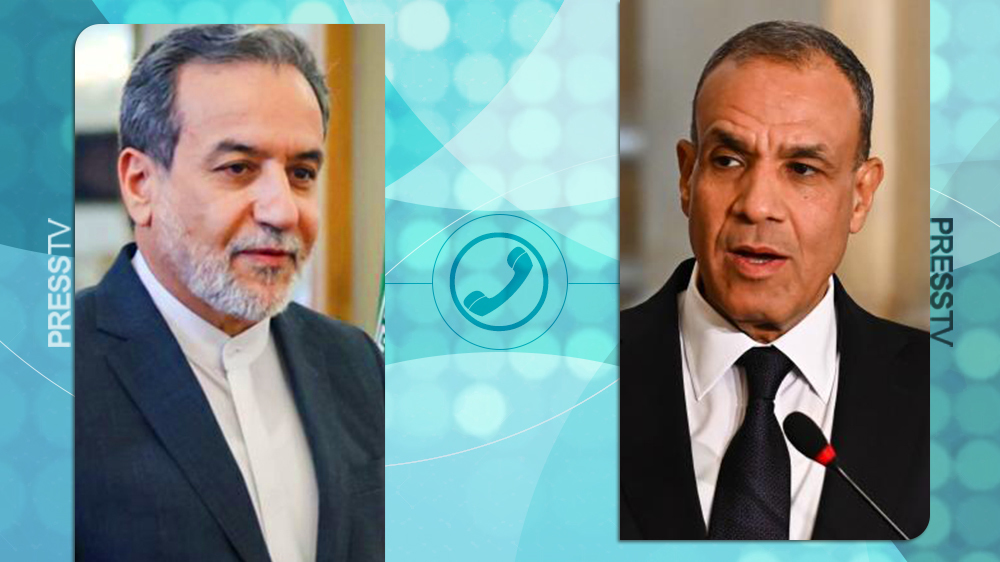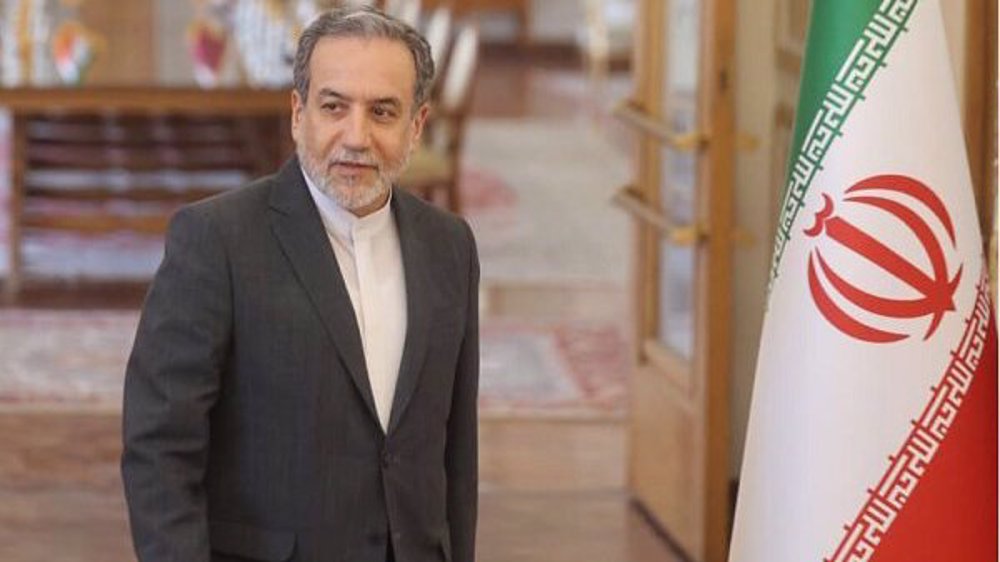UN rights experts urge Egypt to halt execution of six men due to 'flawed' trials
UN human rights experts have called on Egypt to halt the planned executions of six men sentenced to death on the basis of forced confessions and flawed trials.
The UN rights office said in a statement on Thursday that their trials were "flawed" and "did not meet international standards of fairness."
"The government must halt these executions and ensure a retrial in compliance with international law and standards," the statement read, adding that the executions on the basis of these flawed trials “would violate international human rights law and constitute arbitrary executions."
"It is extremely worrying that while all six men recanted their forced confessions in court and indicated that they had been obtained under torture, these were still used as the basis for their convictions,” it warned.
The experts also stressed that evidence used against the men showed "major inconsistencies."
Elsewhere in the statement, the experts stressed that capital punishment was only permitted under international law if there was "full respect for stringent due process guarantees."
The six were convicted in 2015 of terrorism-related charges linked to the killing of a police officer a year earlier.
The men, Basem Mohsen Elkhorieby, Khaled Askar, Mahmoud Mamhouh Wahba, Ibrahim Yahia Azab, Abd Elrahman Attia and Ahmed al-Waleed al-Shal, saw their death sentences upheld by Egypt's highest criminal court on June 7.
They have all reported being tortured and forced to confess. Three of the men were forced to confess on national television.

The development comes as the Egyptian government has been cracking down on opposition since the country's first democratically-elected president, Mohamed Morsi, was ousted in a military coup led by former army chief and current President Abdel Fattah el-Sisi in July 2013.
Rights groups say the army’s clampdown on the supporters of Morsi has led to the death of over 1,400 people and the arrest of 22,000 others, including some 200 people who have been sentenced to death in mass trials.
Following the coup, Cairo also labeled the Muslim Brotherhood movement as a “terrorist organization.”
Since then, Egyptian courts have sentenced hundreds of Brotherhood members to death, including Morsi himself. The Brotherhood, however, says it is a peaceful organization.
VIDEO | Former FBI agent criticizes US Congress for 'outright corruption'
IRGC chief urges Muslim countries to cut aid routes to Israel
'New chapter in cooperation': Iran, Venezuela sign new MoUs
Jordan sentences former lawmaker for supporting Palestinian resistance
Basij volunteer forces hold massive drills in southwestern Iran
Israeli war criminals 'not welcome', US city says after ICC ruling
US vetoing of Gaza ceasefire resolution ‘disgraceful’: Iran’s UN envoy
VIDEO | IAEA adopts anti-Iran resolution tabled by E3















 This makes it easy to access the Press TV website
This makes it easy to access the Press TV website